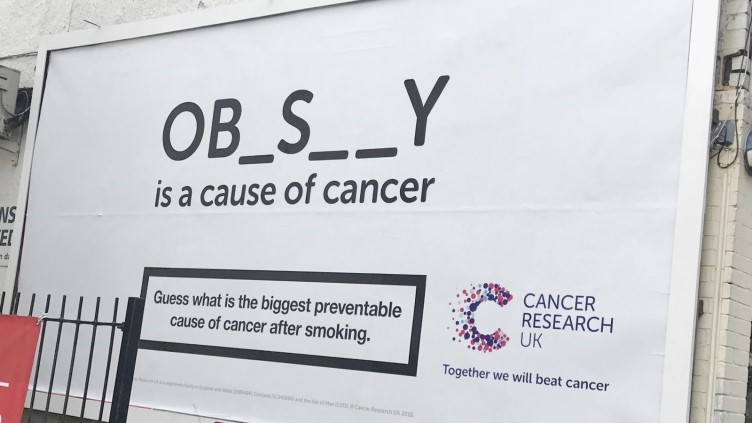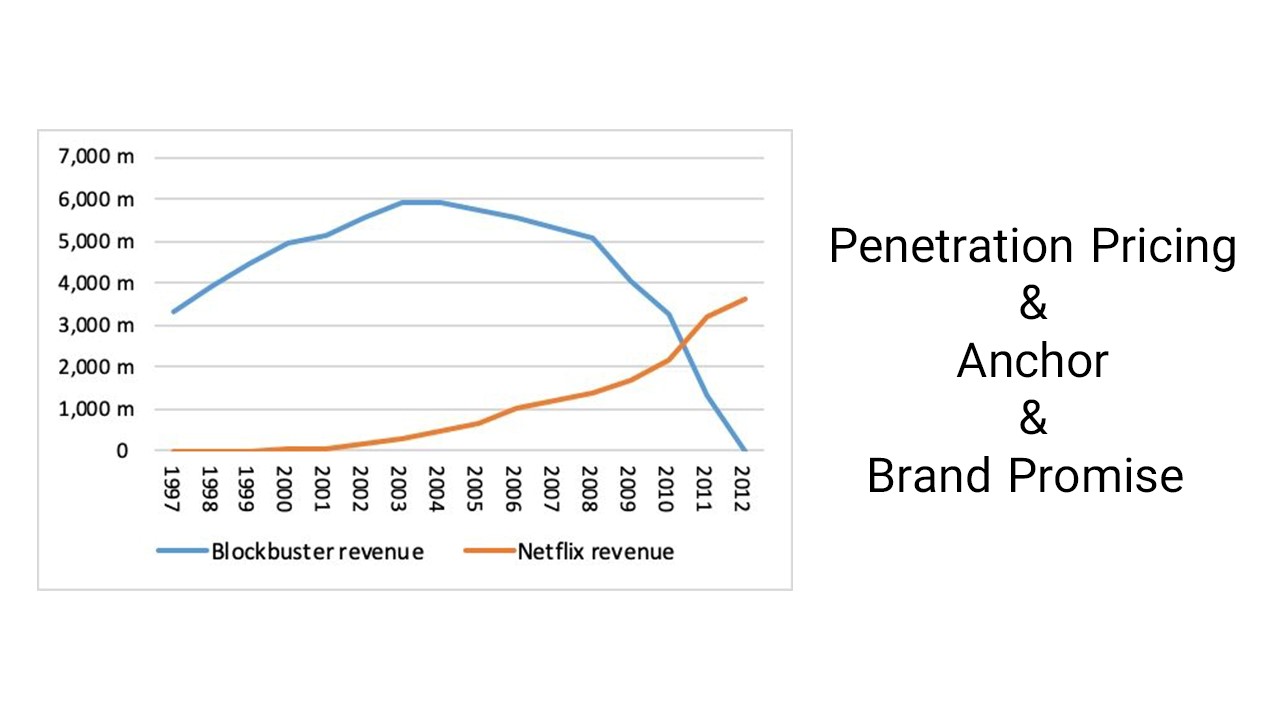
The “generation effect” is a well-known phenomenon in psychology that states that information is more likely to be remembered when it is associated with a specific generation. This means that people are more likely to recall details about events, experiences, and popular culture that happened during their own lifetime or that are specific to their own generation.
For example, those who lived through the 1960s are more likely to remember significant events such as the Civil Rights Movement or the assassination of President John F. Kennedy. Similarly, those who grew up in the 1990s may have a stronger memory of the music, movies, and TV shows from that decade compared to those who grew up in the 2000s. This is because the experiences of one’s own generation hold a special place in their memory and are often more meaningful and relatable.
The generation effect also applies to personal experiences, such as graduating from college. A person who graduated in the 2000s may have a better memory of their graduation ceremony compared to someone who graduated in the 1990s. This is because the event holds a significant place in their own lifetime.
By understanding the generation effect, we can leverage it to improve memory and recall. By connecting information to a specific generation or time period, we can make it more meaningful and memorable. Additionally, understanding the generation effect can also help us understand how people perceive and remember events and experiences.
Cover credit: https://www.bristol247.com/opinion/your-say/why-im-calling-out-cancer-research-uks-obesity-ad-campaign/






